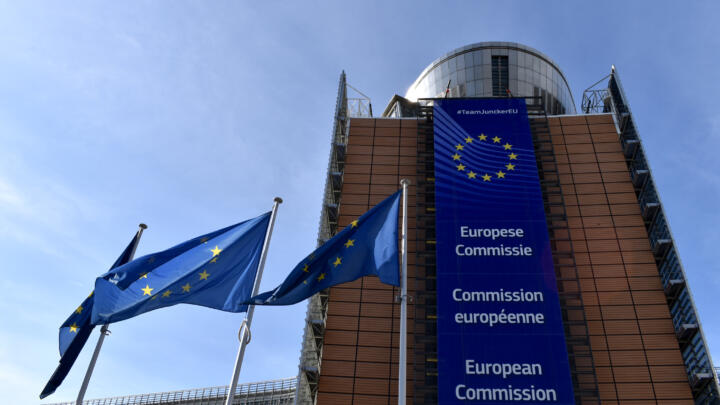Academia:
University of Birmingham
- Assess
- Survey
The University of Birmingham (UoB) is a world top 100 university with a long record of delivering internationally recognised and impactful research. The University has invested significantly in energy as a research theme and established the Birmingham Energy Institute, which facilitates knowledge exchange, training and development of impact from energy-related research.
Broad academic research identifies three major challenges in tackling energy poverty: a) identifying who is affected, in what ways and to what degree; b) implementing measures to alleviate the situation; and c) securing sustainable financing for interventions.As ECs participating in CEES deploy energy solidarity mechanisms, energy researchers at UoB will analyse measures taken against these challenges. The analysis will seek to identify the strongest points of various mechanisms and the most replicable best practices, such that they can be applied to improve other mechanisms.
Specifically, energy researchers at the UoB will oversee three core aspects of CEES:
- Develop a framework to assess impact
CEES finds that existing mainstream ways of approaching energy poverty do not adequately meet the Project’s aim of analysing and evaluating approaches used by energy communities. The UoB researchers will create an evaluation framework that promotes multi-dimensional understanding of the issue.
- Validate approaches
Supporting the Project’s aim to identify and promote uptake of empirically sound approaches to tackling energy poverty at the community level, UoB academics will help CEES members ensure their approaches align with the most up-to-date research findings and their projects deliver impact in an efficient and beneficial manner.
- Monitor and evaluate interventions
The UoB will oversee monitoring and evaluation of interventions in CEES pilot projects against the framework developed to measure impacts. In the process, they will also:- refine the framework.
- consider data availability issues and associated practicalities of implementation.
- develop key performance indicators (KPIs) to be recommended for wider use among energy communities.
Additionally, UoB expertise will provide evidence from across academic and grey literature as to what works in community-level interventions to alleviate energy poverty and will feed this evidence into CEES activities to develop the most efficient practices before deployment.
Recognising that every EC faces three major challenges – i.e. identifying who is facing energy poverty, in what way and to what degree; implementing measures to alleviate the situation; and financing such activities – in deploying energy solidarity mechanisms, UoB will analyse all mechanisms against these challenges. The analysis will seek to identify the strongest points of various mechanisms and the most replicable best practices, so they can then be used to improve other mechanisms.
Ultimately, using project data, the UoB will also produce academic publications that reflect the role of ECs in mitigating energy poverty. The publications will follow Open Access regulations from the European Commission and will be reported in the project’s periodic reports.

Energy know-how or energy literacy: which works when?
Knowledge about energy can empower households to better manage consumption, reduce energy-related emissions and lessen the burden of energy poverty. Knowing when and how to boost ‘energy know-how’ or apply ‘energy literacy’ – or use both in combination – can influence the success of projects and programmes.
Read the full blog here.

Smart Communities project: a case for energy know-how
Energy communities (ECs) are well-placed to enhance energy know-how and energy literacy among householders. In analysing the Smart Communities project, Kevin Burchell, University of Birmingham, was able pin-point which approach was most likely to trigger behavioural change.
Read the full blog here.


